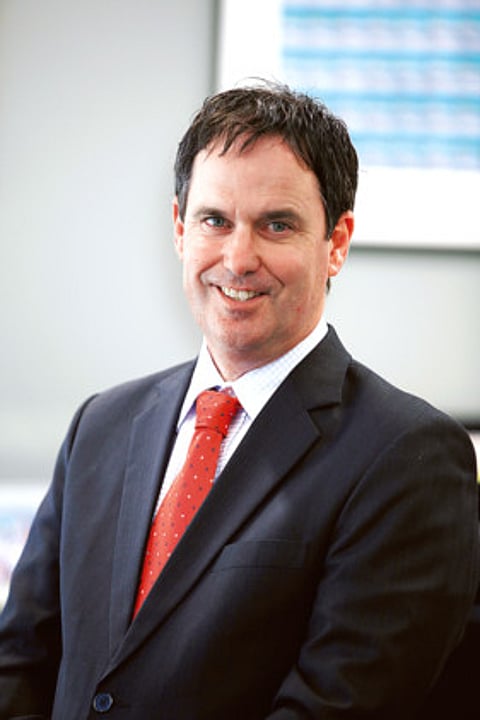Every child must have a global perspective
Youngsters must be made to understand actions impact on the world in their own small way

It is one of the most beautiful compensations of this life that no man can sincerely try to help another without helping himself. Ralph Waldo Emerson
We live in an increasing interconnected world. Via email or social media, something that happens on one side of the world is immediately transported to another. Like a giant wave, campaigns for or against individuals or issues spring up, gather momentum as they go ‘viral’, then crash against the shore, leaving those involved either drowned or washed up coughing and spluttering.
Interestingly, one of the responses to this interconnectedness is that we become more tribal. We sometimes find ourselves lost or overwhelmed by the sheer size of a particular issue, and withdraw into our own little circles, whether they be family, or local area. We see this in wealthier countries, cutting foreign aid in response to local demands that local needs be met first, or changes to immigration rules for refugees, or even individuals ensuring that their family comes first.
While it might be acknowledged that having a global perspective is a ‘good thing’, how do we, as schools and parents, help our children develop a balanced view? I would suggest the following strategies.
The first is to encourage and practise careful stewardship of the Earth. Schools can do this by having environmental education as part of their curriculum (such as the IB Diploma course in Environmental Science, or schools participating in Clean Up UAE activities). All of us need to practise what we preach through sustainable resource use (such as reduce, reuse, recycle, renew).
Another way is to encourage social sustainability. There is no doubt that, by working together, families and schools can encourage and assist children to develop positive relationships within the community. In the first instance, this means a positive relationship with yourself, before relationships with others, at home, or school or in the wider community can be developed. Social sustainability also applies not only to ensuring a supportive professional environment in which to work, wherever that might be, and developing close relationships between different groups, peoples or organisations. For example, schools maximise the outcomes for children when they work closely with the home.
Finally, a balanced global perspective means encouraging economic sustainability. While we might argue about what this means at a national level, schools and families can encourage this at an individual level by assisting children to develop a sense of charity and responsibility for those less fortunate than ourselves.
Mother Theresa once said, “Not all of us can do great things. But we can do small things with great love. For me, this is the ultimate global perspective. We all need to understand that our actions, wherever we are, impact on the world, in their own small way. To do this, we need to concentrate on our actions. The way my students look out for each other, both at school and out in the wider world, speaks volumes about who we are as a school. For all of us, when we help others, we help ourselves. It is not necessary to look for big things to do. It is just as important that, each day, we help others, in numerous small ways. After all, when we look after the small things, the whole community benefits.
(Dr Rod is Principal of Victoria International School of Sharjah, and has been an educational consultant to schools in the UAE and Australia. He blogs at Dr Rod @school.)



